Videographer
So, you’re planning your dream wedding. You’ve booked your venues, selected your colors, tried on some lovely dresses, bookmarked a few photographers…and you’ve considered having your special day captured on film, but you’re not sure if it will fit into your budget or how in the world to determine what’s non-negotiable when deciding between who hire.
Although your uncle is a super nice guy, we’re talking about more than just his handheld camcorder version of your wedding day. We’re talking about more than your friend’s offer to videotape and “put something together” as a wedding gift. Actually, we’re even talking about more than a videographer’s “professional” camera set up in the back of the church.
We’re talking about the ear-to-ear smile on your groom’s face when he catches his first glimpse of you. Or the tear that silently falls down your father’s face when he kisses your cheek to give you away. We’re talking about capturing the emotion in your voice when you exchange your vows, the beauty of every flower, the lighting, motion, and energy that your guests experience at your reception.
We’re talking about the most important day of your life, from a cinematic perspective.
And if you’re considering having this day captured on film, then we’re talking about the differences between videography and cinematography. So, here’s a question. When your wedding is over, how will you watch, listen, share, and remember the most important day of your life?
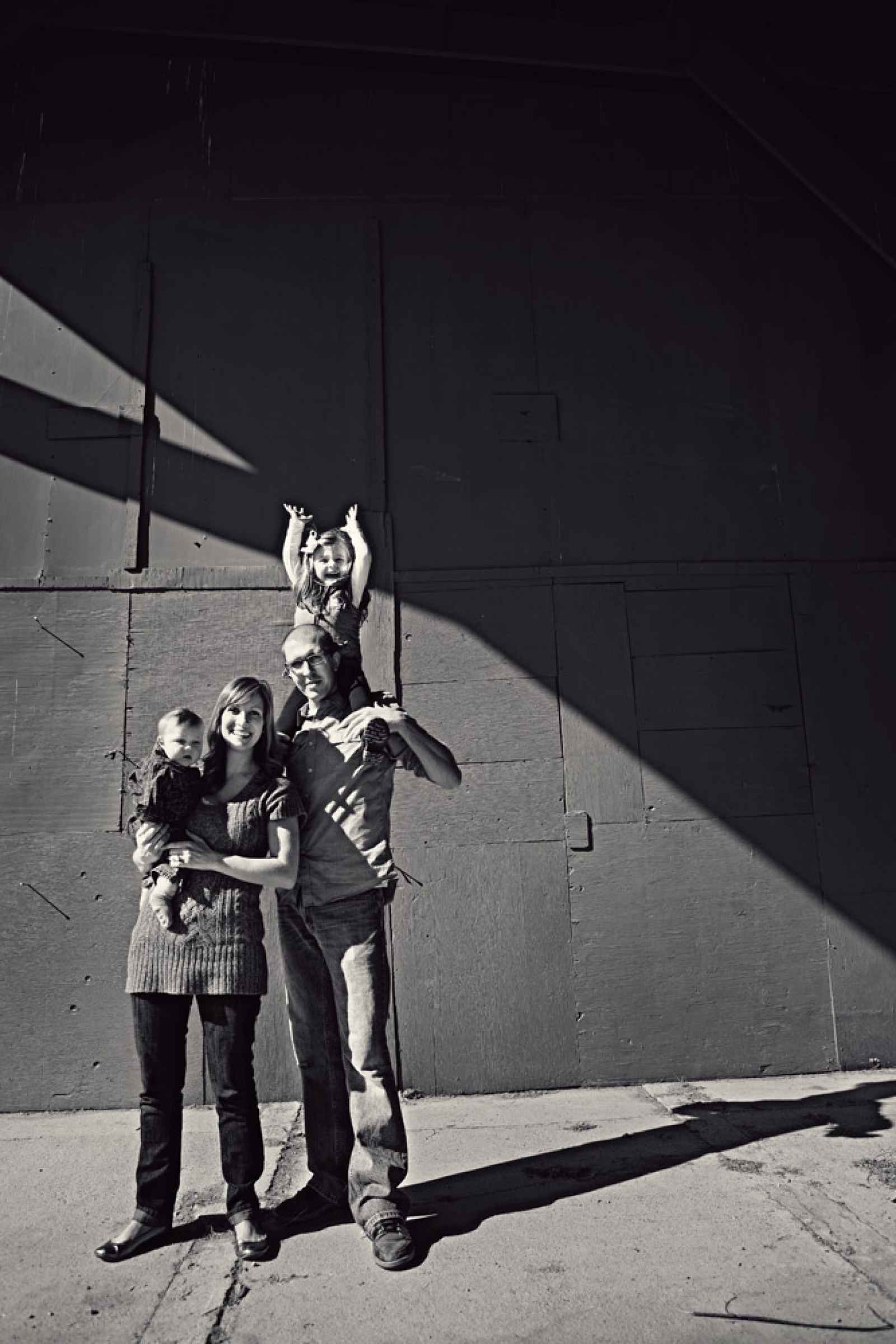
BRAND
The first noticeable difference between videography and cinematography lies in branding. In the past, brand used to be something else, like a logo or a design. Today, those things are just shadows of a brand. This perspective comes from Seth Godin, (a well-known marketing guru), as he defined brand in 2009 on his blog. He suggests that, today, a brand has evolved into “a set of expectations, memories, stories, and relationships that, taken together, account for a consumer’s decision to choose one product or service over another.“
So, when you think brand, we encourage you to not just think about logo, product, or service, but about relationship and experience. We’d even risk going further, saying a brand is not just about a story, but the story around the story—and if the new definition of brand is true, this involves you. If you see a cinematographer’s work and it draws out authentic emotion, stirs memory, or creates valuable experiences in a remarkable way, we think you’ve landed on a brand worth paying attention to.
Remember, something that is considered “remarkable” is worth making a remark about. It’s worth sharing with others, even when there’s nothing in it for them. It’s possible for a brand to do things that are hopeful of being remarkable, but impossible for them to be remarkable by themselves because their customers are the ones that ultimately determine this.
When was the last time you heard somebody rave about wedding “videography”? A delayed response (or no response at all) may be one of the reasons why approximately 75% of couples getting married this year will exclude wedding “videography” from their budget.
APPROACH
Cinematographers understand that they are not just providing a product and a service, but a relationship and an experience. Cinematographers are filmmakers - students of film, audio, lighting, and color theory. They are lifelong learners that experiment with new techniques and adopt new technologies - not because they are popular, but because they understand that doing this ultimately provides value to their clients, and in turn, their brand.
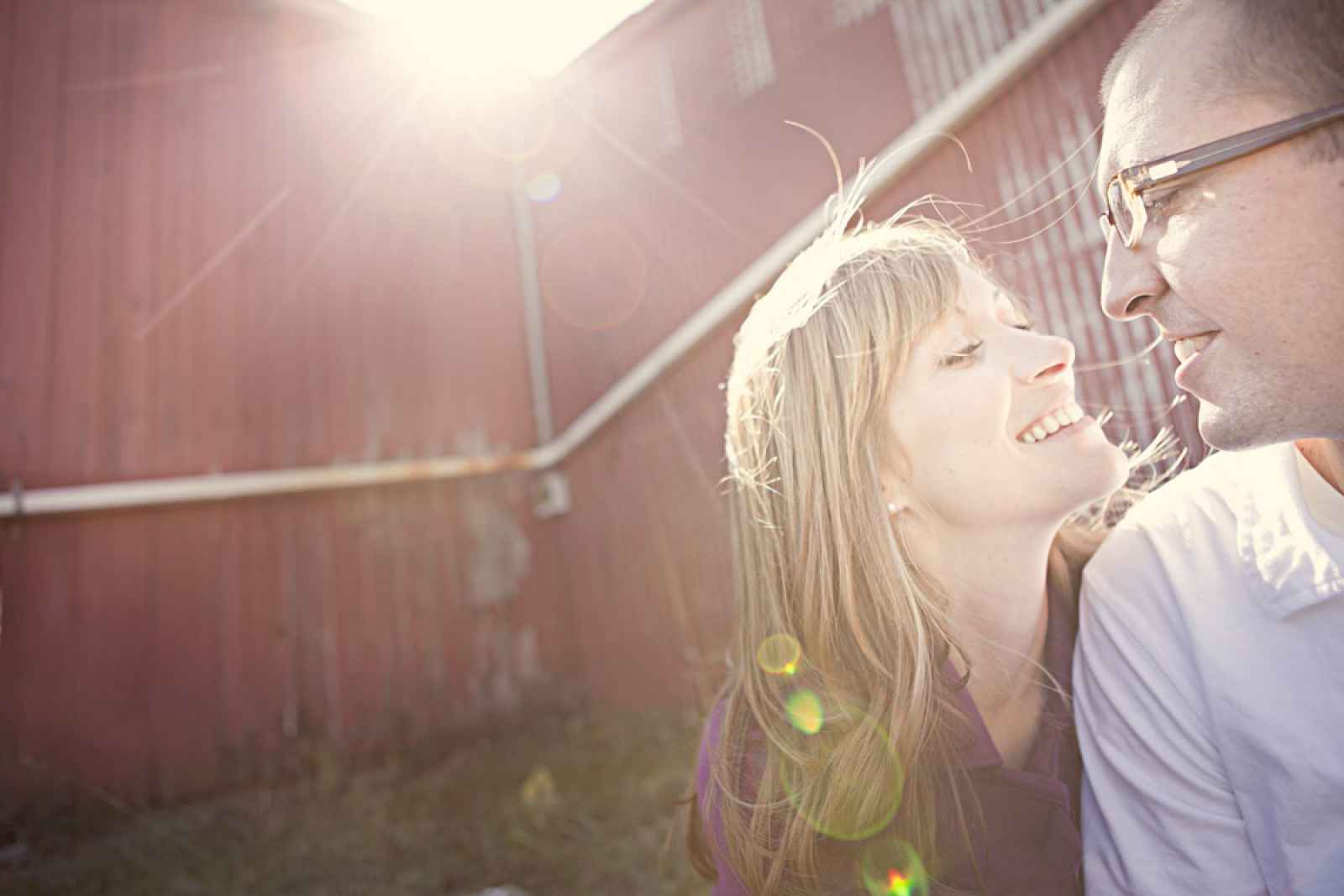
STYLE
Cinematographers are storytellers to the core. Videographers might have some storytelling abilities, but this quality doesn’t permeate throughout their workflow, let alone bleed from their bones. This is why it’s a common thing to see videographers creating montages, while cinematographers are creating movies or films. The storytelling experience of a movie is rich and dynamic, integrating video, audio, and titling in such a way that it holds your attention from start to finish. Cinematographers create something that you actually want to watch, more than just on your anniversary.
Cinematographers don’t just show up to document an event. They come alongside you (sometimes even months before the wedding) to understand and capture that dynamic mix of personality, emotions, and moments surrounding the most important day of your life and then create wedding films that are not only hopeful of being remarkable and timeless, but a true reflection of the couples that star in them. Cinematographers see their films as works of art, requiring a time investment that spans the course of several months.
TOOLS AND TECHNOLOGY
Cinematographers are using the same (and in some cases, similar) tools and technology that folks in the film industry are using to create the ads you watch on TV and the movies you see in the theater. Videographers are using the same tools and technology that you may find in a consumer camera kit or in the studio of a high school video production department.
A cinematographer’s toolset includes HD or HDSLR cameras, high-quality tripods, unobtrusive camera stabilization rigs, dollies or sliders, lighting kits, wireless audio equipment, and a post-production software suite including professional-grade applications for editing, motion graphics, compression, DVD authoring, and color correction.
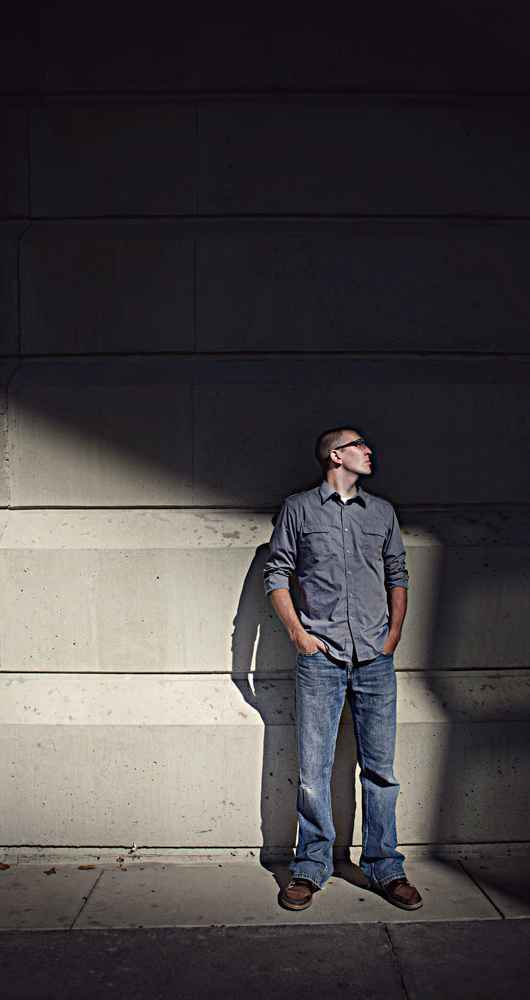
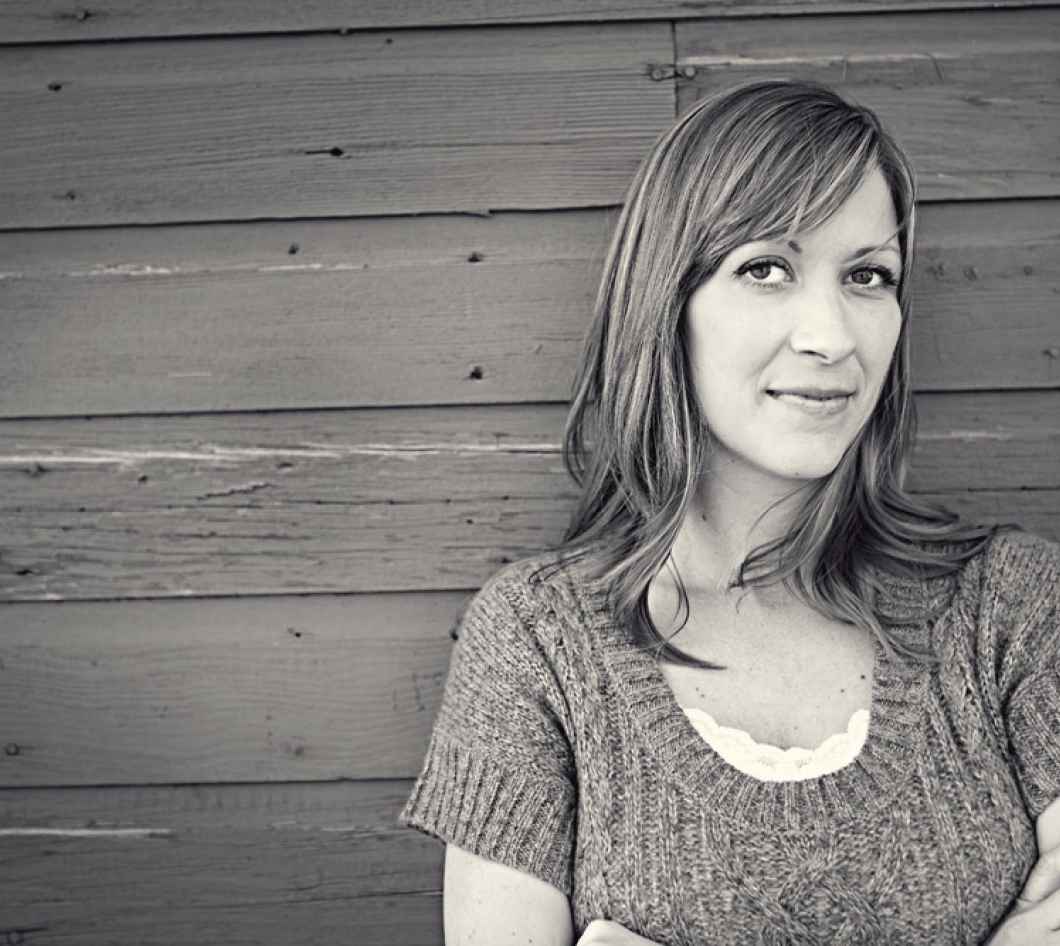
INVESTMENT
You don’t have to be a hard-core movie-buff or even a financial analyst to understand that there are several reasons why an investment in videography is less than an investment in cinematography. Of course, there’s a long-winded explanation for this. However, the quick version is basically summed up by combining all the differences we’ve discussed here, and putting a price tag to each of them. They add up quickly!
We’re all familiar with the phrase, “you get what you pay for.” As you’re probably aware, this applies to your wedding budget, too. And after your wedding is over, this phrase will either flop onto the scene, it will step on quietly, blending in with the crowd, or it will make a grand, royal entrance.
MAKING A DECISION
The differences between wedding videography and cinematography are prominent enough that they’re impossible to ignore. To clarify, we’re not saying that videography itself is bad. We’re simply raising awareness about a conversation that, believe it or not, hardly anybody even knows about in the first place.
From what we’re seeing, couples who understanding the differences between the two, cinematography is not only changing how they think about their wedding budget, but how they experience the most important day of their life.
Which brings us back to the question...
When your wedding is over, how will you watch, listen, share, and remember the most important day of your life?
Businesses Involved
Related Blogs





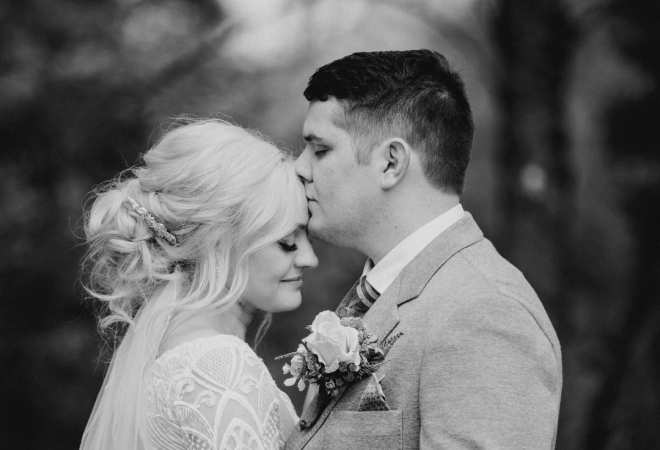


Join the conversation
Log in or register to post comments